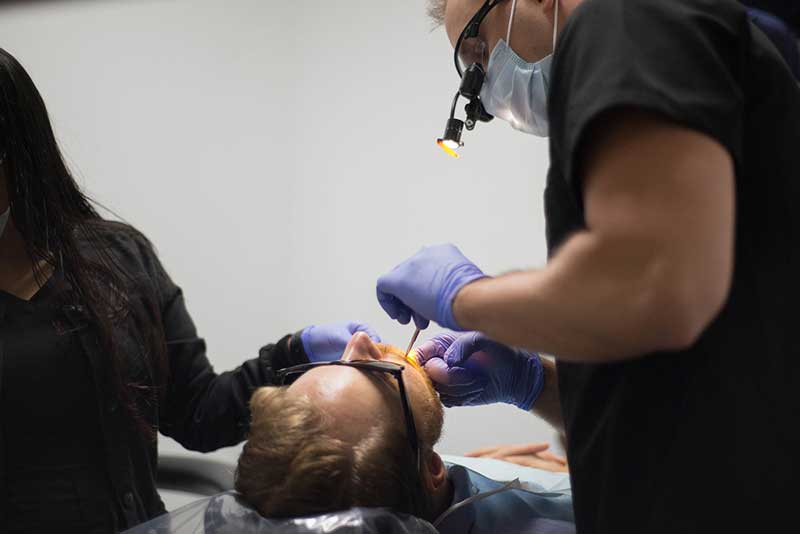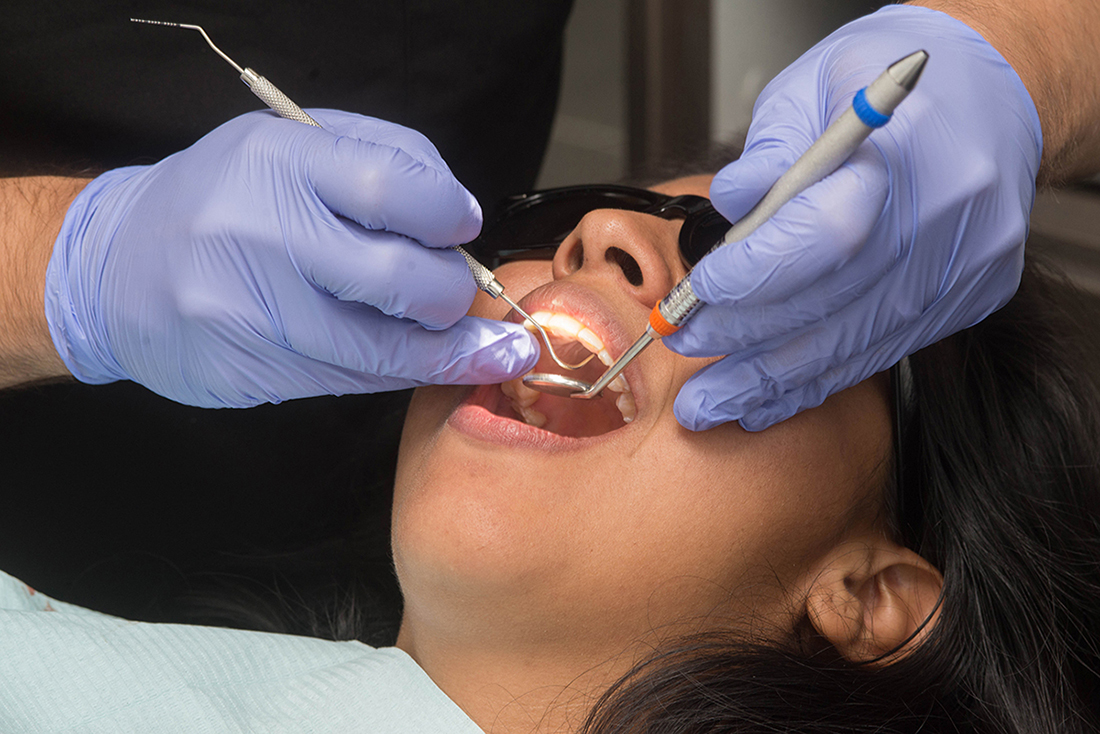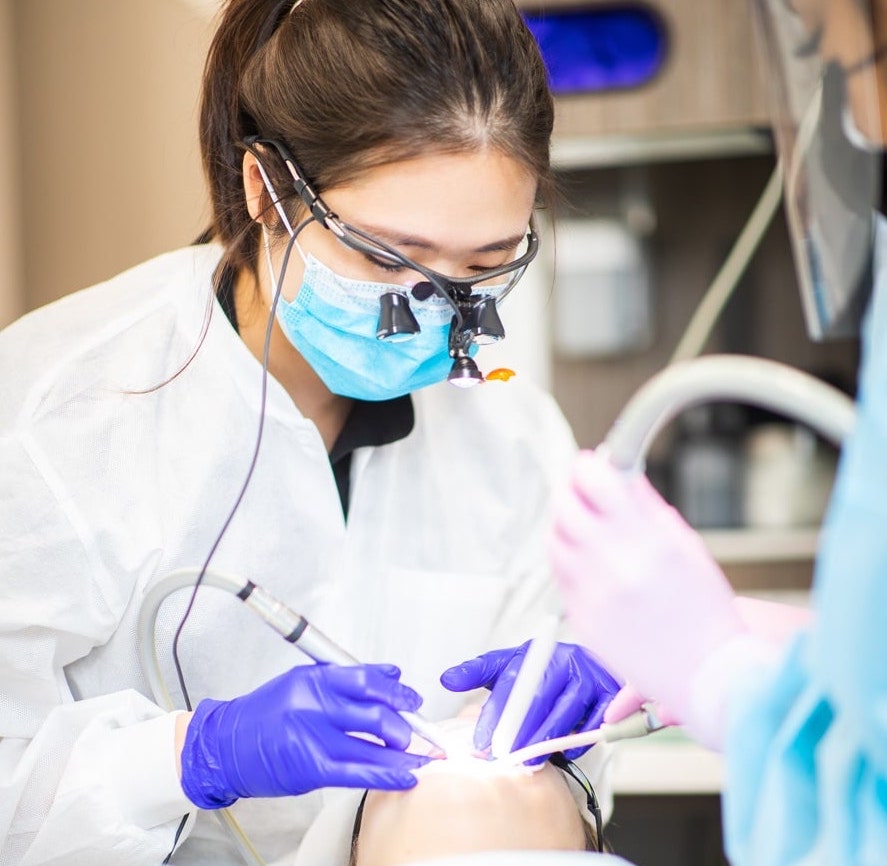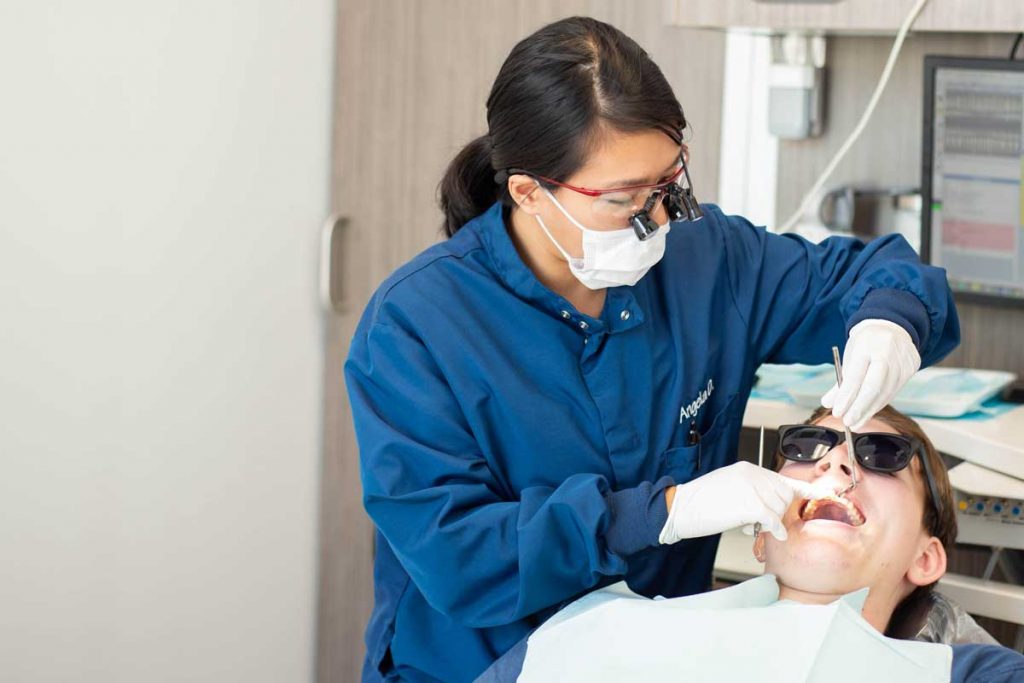Dental implants have become a transformative solution for individuals seeking to restore their smiles and oral functionality. As of 2025, the cost of full mouth dental implants varies widely, influenced by several factors.
💰 Average Cost Range
The price for full mouth dental implants can range significantly:
- Per Arch: Approximately $15,000 to $30,000.
Full Mouth (Both Arches): This refers to the cost of implants for both the upper and lower jaws. It ranges between $25,000 and $50,000, with some cases reaching up to $90,000 depending on complexity and materials used.These estimates typically encompass the surgical placement of implants, abutments, and prosthetic teeth.
🧾 Factors Influencing Cost
Several elements contribute to the overall expense:
- Number of Implants: While traditional methods might require 8-10 implants per arch, techniques like All-on-4 utilize four strategically placed implants, potentially reducing costs.
- Materials Used: Implants can be made from titanium or zirconia, which is often more expensive. The choice of prosthetic teeth materials, such as acrylic or porcelain, also affects the price.
- Additional Procedures: Bone grafting, sinus lifts, or tooth extractions, if necessary, will add to the total cost.
- Geographic Location: Dental service prices can vary based on regional cost of living and local market rates.
- Dental Professional's Expertise: Highly experienced implant specialists may charge more for their services.
🦷 Types of Full Mouth Dental Implants
- All-on-4 Implants: This method involves placing four implants per arch to support a full set of prosthetic teeth. It's often more cost-effective and requires less bone density.
- Implant-Supported Bridges: Multiple implants support a bridge, replacing several missing teeth.
- Traditional Dental Implants: Each missing tooth is replaced with an individual implant, which can be more expensive and time-consuming.
🏥 Insurance and Financing
Dental insurance coverage for implants varies. Some plans may cover a portion of the procedure, especially if it is medically necessary. It's essential to consult with your insurance provider to understand your benefits.
Many dental clinics offer financing options or payment plans to make the procedure more accessible, providing a sense of security and reducing financial stress. Third-party financing companies can also provide loans specifically for medical or dental procedures.
📍 Local Considerations
Prices for full-mouth dental implants in cities such as Las Vegas are about average compared to national pricing; however, many offices may offer promotional prices or lower costs based on competition, so do your research and talk to local providers for an accurate price. Just remember the cheapest is not always the best option.
✅ Conclusion
Although the price for full-mouth dental implants is significant, the benefits of restored function, and aesthetics, and potential to improve one's quality of life when necessary can be priceless. If patients can understand the variables influencing cost, and the options and alternatives available, they will be able to make informed decisions that fit their needs and budgets.






